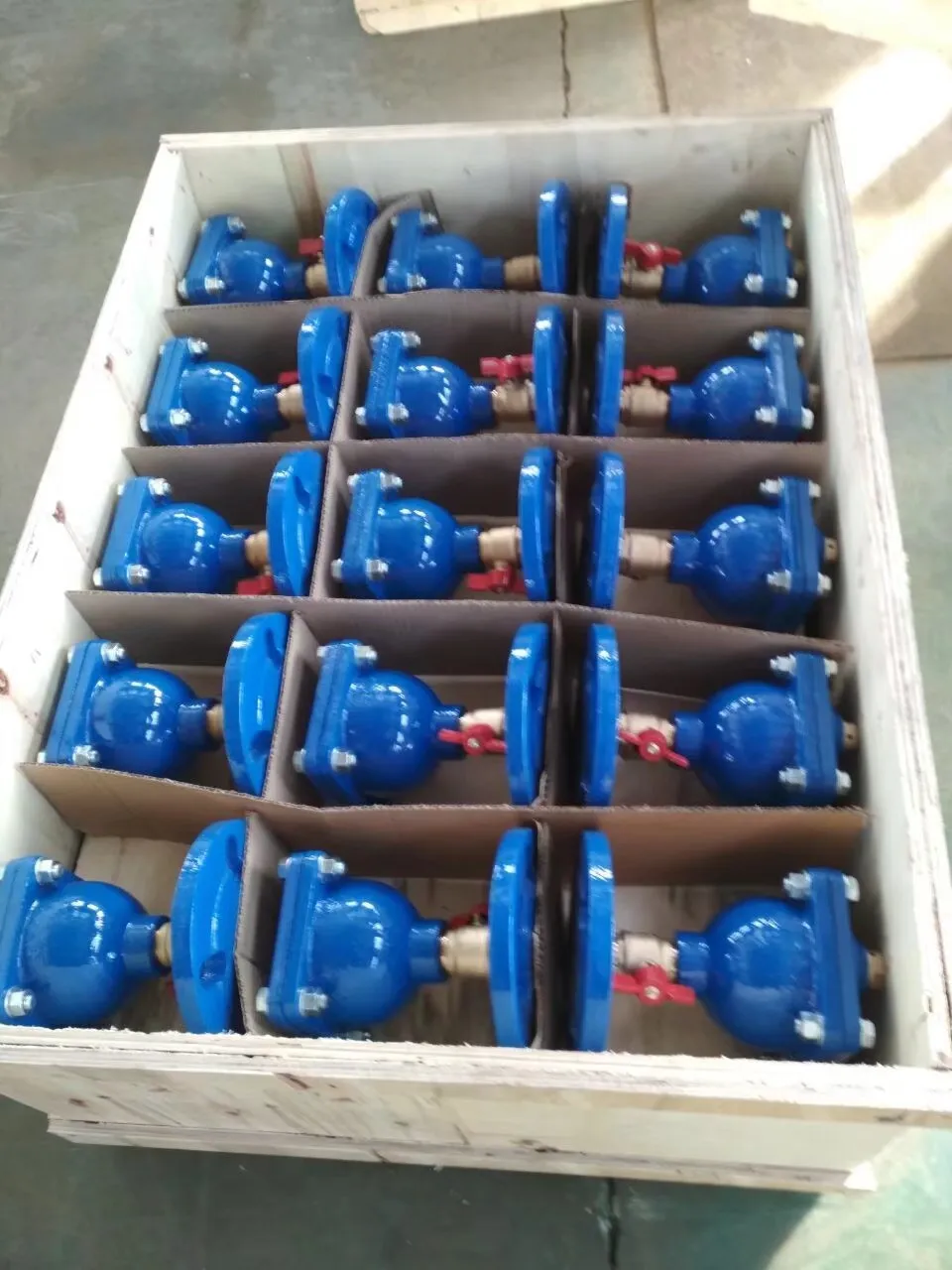Understanding the Operation of Gate Valves for On-Off Control
Gate Valve On-Off Essential Insights for Industrial Applications
Gate valves are crucial components in various industrial applications, serving as essential mechanisms for controlling fluid flow. Their primary purpose is to act as a barrier, either allowing or preventing the passage of fluids through pipelines. Understanding the operation, benefits, and applications of gate valves in on-off scenarios is vital for engineers, operators, and maintenance teams.
Functionality of Gate Valves
The gate valve operates by raising and lowering a gate within the valve body. When the valve is fully opened, the gate is lifted entirely out of the flow path, allowing for unrestricted fluid passage. Conversely, when the valve is closed, the gate descends to obstruct the flow, providing a secure seal. This design is particularly effective in on-off applications where the goal is to either completely stop or permit flow without creating significant pressure drops or turbulence.
Advantages of Gate Valves
1. Minimal Flow Resistance One of the standout features of gate valves is their ability to provide minimal resistance to fluid flow when they are in the open position. This characteristic makes them ideal for applications requiring unrestricted flow, such as in water supply systems and oil pipelines.
2. Durability Gate valves are typically constructed from robust materials such as cast iron, stainless steel, or brass, ensuring longevity and resilience in harsh environments. This makes them suitable for various applications, including chemical processing, power generation, and wastewater management.
3. Full Bore Design Most gate valves feature a full bore design, which means the internal diameter of the valve is the same as the pipeline. This design minimizes pressure drops and ensures efficient flow, which is particularly crucial in applications where flow rate is a critical parameter.
4. Simple Mechanism The straightforward mechanism in gate valves requires little maintenance and makes operation easy. This simplicity is a significant advantage in environments where quick on-off operations are necessary, reducing downtime and improving overall operational efficiency.
Applications of Gate Valves
gate valve on off

Gate valves are widely used across various sectors, including
- Water Supply Systems Used for controlling water flow in municipal water supply and irrigation systems, gate valves ensure a reliable means for distributing water.
- Oil and Gas Industry Gate valves are essential in upstream and downstream operations, providing reliable shut-off capabilities for pipelines transporting oil and gas. Their ability to handle high pressures and temperatures makes them suitable for this industry.
- Chemical Processing In chemical plants, gate valves manage the flow of corrosive substances. Their durable construction ensures they can withstand harsh chemicals while providing reliable service.
- Power Generation Power plants utilize gate valves in cooling water systems and steam lines, where reliable on-off control is critical for operational safety and efficiency.
Choosing the Right Gate Valve
When selecting a gate valve for a specific application, several factors must be considered, including the type of fluid, pressure and temperature conditions, and the desired operation (manual or automated). Additionally, attention to valve size and material compatibility is crucial to ensure optimal performance and service life.
Conclusion
In summary, gate valves are indispensable in many industrial applications, offering efficient and reliable on-off control of fluid flow. Their durability, simple design, and minimal flow resistance make them a favored choice across various sectors. Understanding their functionality, benefits, and applications allows engineers and operators to make informed decisions, ensuring that processes remain efficient, safe, and cost-effective. With advancements in valve technology, the versatility and reliability of gate valves will continue to enhance industrial operations, playing a vital role in future developments.
-
The Smarter Choice for Pedestrian AreasNewsJun.30,2025
-
The Gold Standard in Round Drain CoversNewsJun.30,2025
-
The Gold Standard in Manhole Cover SystemsNewsJun.30,2025
-
Superior Drainage Solutions with Premium Gully GratesNewsJun.30,2025
-
Superior Drainage Solutions for Global InfrastructureNewsJun.30,2025
-
Square Manhole Solutions for Modern InfrastructureNewsJun.30,2025
-
Premium Manhole Covers for Modern InfrastructureNewsJun.30,2025
